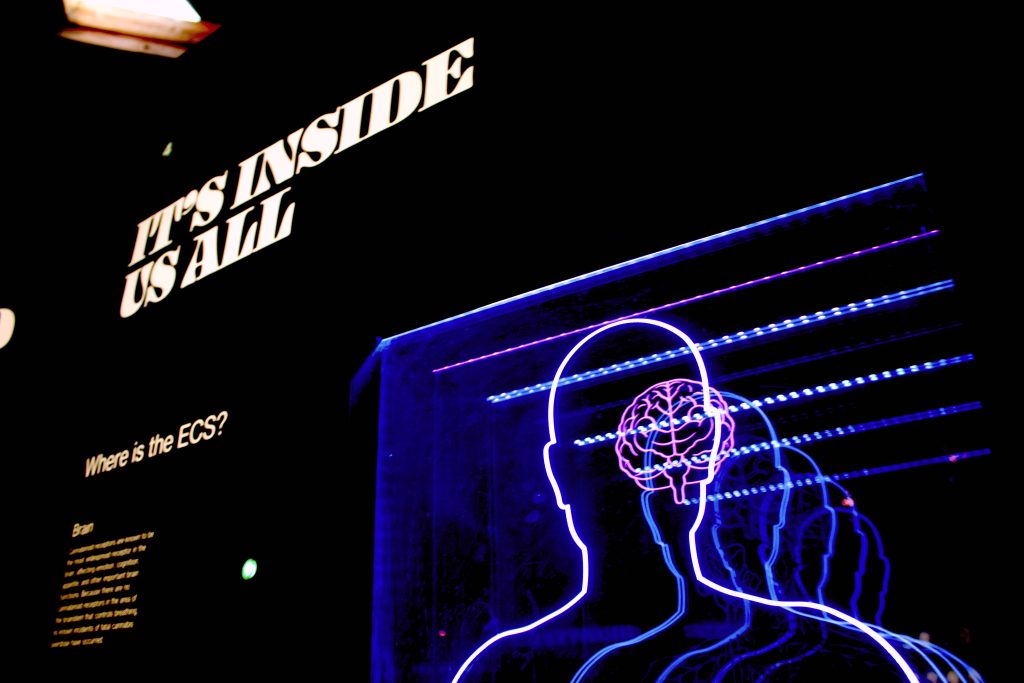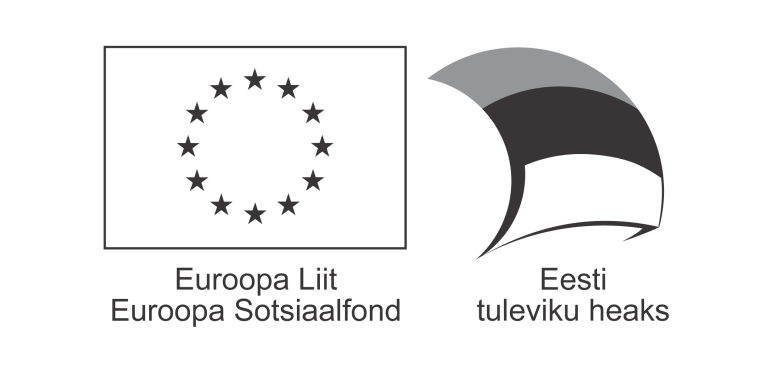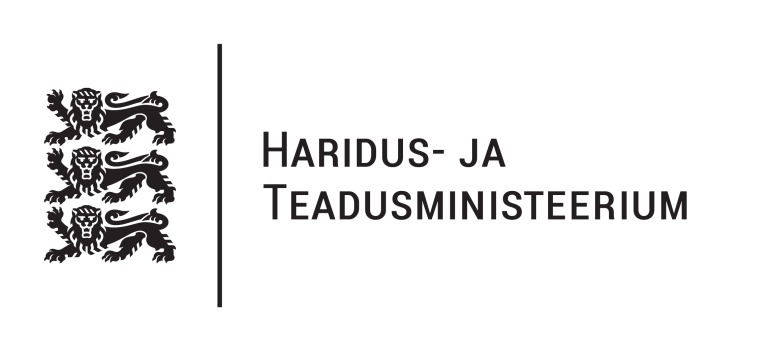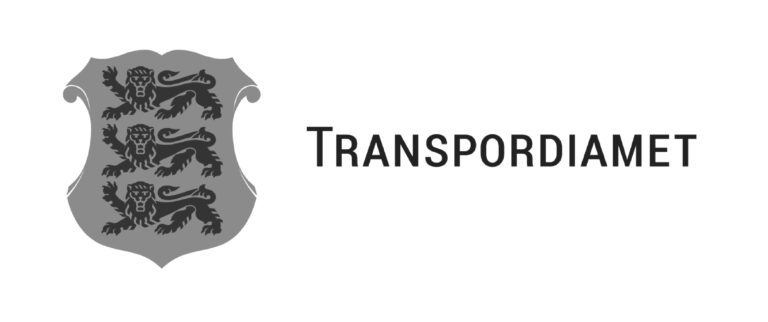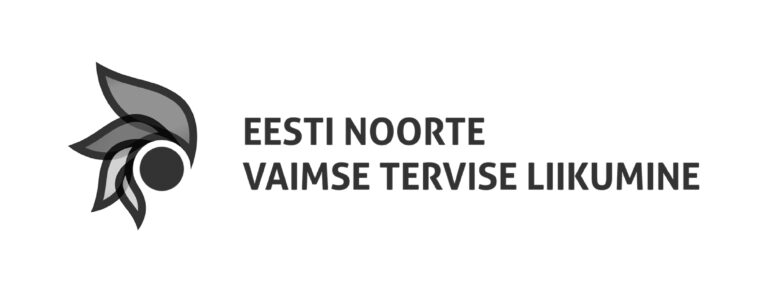We can learn to use our brains more effectively and train our ability to concentrate, just like we do with our muscles. Are you making the most of your brain? Below are 9 suggestions from neuroscientist Jaan Aru on how to make the best use of our brains.
1. Put your feet up, i.e. do nothing
People believe that the harder they work, the more they achieve, Aru says. In reality, you do not – or should not – have to work non-stop if you wish to be productive. Studies show that answers are often found when you relax, because it is then that the frontal cortex, which controls thinking, activates the brain’s processes. It is important to relax without a smart device, something that people today are struggling to do, Aru says. Whilst using a smart device, your brain is not in resting mode. Instead of being glued to your smartphone, you should exercise, take a bath, play with your children, etc.
2. Focus on a single task
It is counterproductive to do more than one thing at a time. We can only think and learn effectively if we are focused. Multi-tasking makes people less efficient in their main task. Aru also rejects the stereotypical assumption that women are better at multitasking than men. In reality, both men and women are only able to do several things well at the same time if these activities have become so routine that there is no need to think about it, e.g. making dinner.
Aru admits that staying focused is difficult and that the brain gets distracted very easily. External inputs, e.g. someone passing by or an e-mail arriving, are great distractions. ‘Our brains are not designed for the modern work environment,’ Aru believes. He notes that our brains are still like those of the hunter-gatherers: reacting to every sound or movement in order to prevent ourselves from being eaten.
3. Switch off sources of distraction
To reduce distractions while concentrating on work, you need to turn off external distractions: other browsers, your phone, etc. But even then, internal distractions continue to creep in: “Perhaps that important e-mail has arrived. What shall I make for dinner?” Therefore, you also need to fight your inner distractors. Here is what you could do.
4. Plan your timetable and brain activity
You could list your tasks as bullet points. Before starting on a new task, you need to make sure that this task is the most important one at the time.
5. Do important tasks at peak time
If you need to concentrate on something important, you should do this at the so-called “peak time” when your brain is most active, e.g. in the morning. You should treat peak time as your time.
6. Break down your tasks
But even if you have identified your most important task and are working on it during peak time, sometimes your brain still continues procrastinating, finding reasons to delay completing the task. Then, breaking down your tasks can be helpful. Say, for example, ‘prepare two slides’ rather than ‘complete the whole presentation’. Following these steps will get you closer to your goal.
7. Take breaks and have a nap if necessary
After 25 minutes of intense work, you may want to take a break and either walk around or take a nap.
8. Train your concentration muscles
Since concentrating is a bit like exercising a muscle, it can be trained. How? If you want to get better at something you need to practice. This applies to concentration too: try to work hard and with more concentration.
“Think of it as a sport – small steps will help,” Aru suggests.
Aru admits that his advice may seem too mechanical and raise questions about creativity. How we understand creativity is often rather delusional. People think that ideas simply spring into being. But scientific research has found that creativity is always driven by concentration on specific tasks. Innovation requires the brain to be able to think, so that it can synthesise fragments of information into whole units. It takes time to compile great knowledge from fragments of information. During the concentration process, new connections are formed. These new connections that we make between the different pieces of accumulated knowledge is what creativity is all about. Aru has a further recommendation.
9. Have productive discussions
If you have focused and formed new units in your brain, you may want to share your thoughts with others. It is useful to exchange ideas. When one single brain creates new ideas, there is no censorship – every idea sounds great. But if you start discussing things, you receive feedback. Other people drive our ideas and state things that are obvious, but which we never thought of.
Prepared by the youth information portal Teeviit and based on a presentation given by Jaan Aru at the Health Innovation Conference in 2017. Prepared by the Change Consulting OÜ’s therapist-educator Liis Aavaste-Hango.
Published in the youth information portal Teeviit in 2021.
